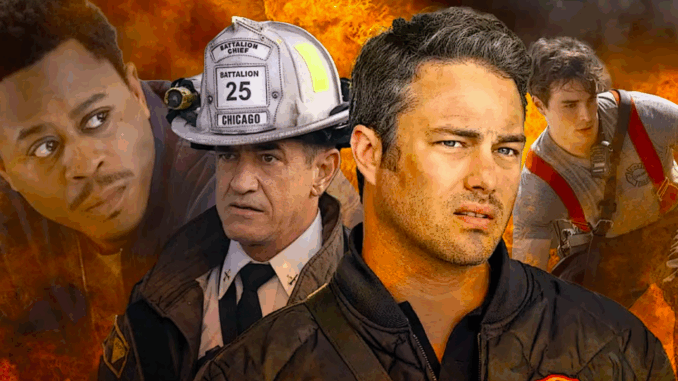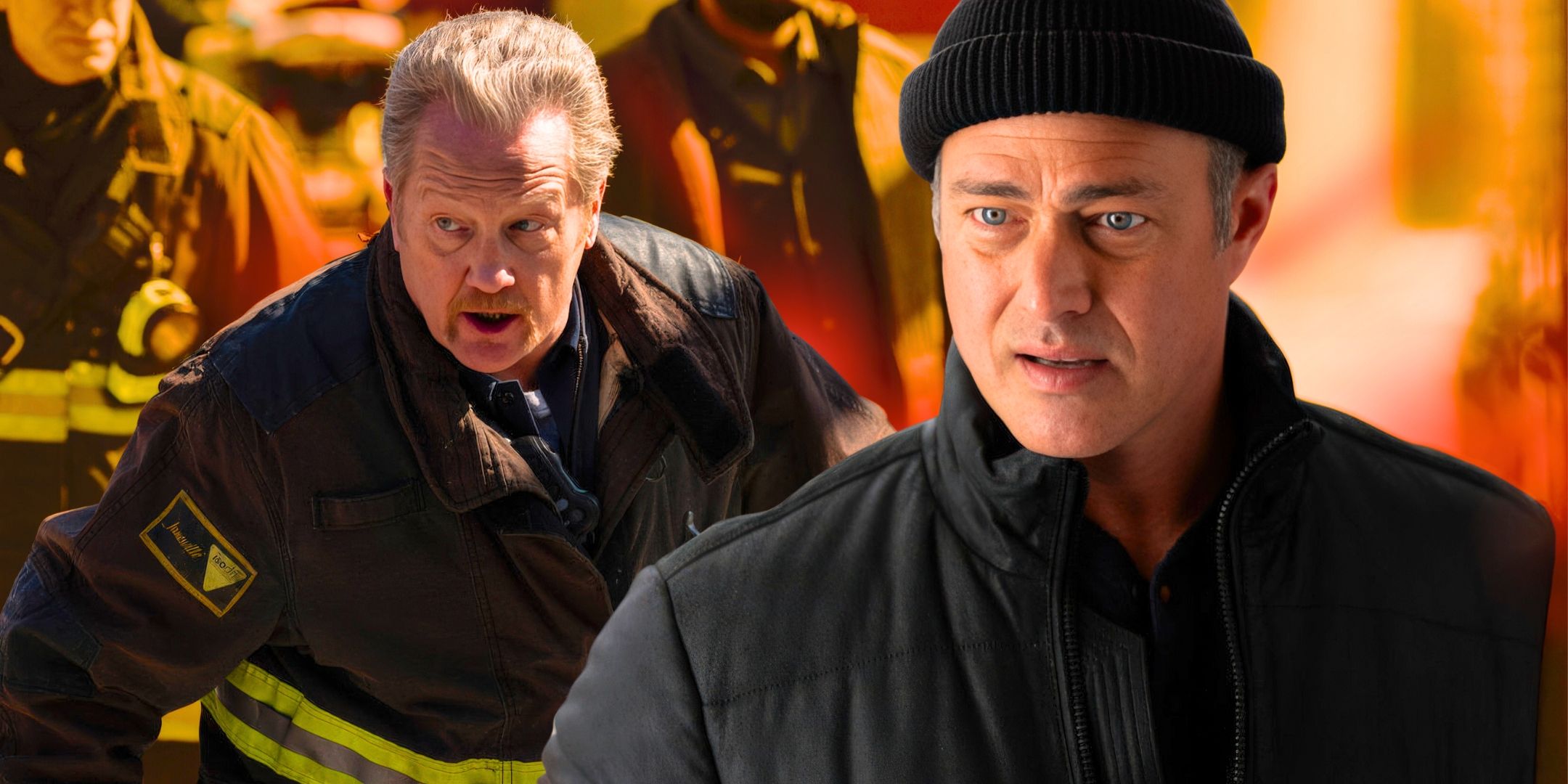
Chicago Fire has never shied away from emotional intensity. Whether it’s a harrowing rescue or a romantic heartbreak, the series thrives on pushing its characters—and its fans—to the brink. But Season 13 has proven especially tumultuous. With long-standing characters leaving, others stepping into new roles, and personal relationships facing seismic shifts, this season has become a turning point in the show’s emotional landscape.
Firehouse 51 isn’t just changing. It’s evolving in ways that may redefine what the show is about.
A Season of Goodbyes
Few moments hit harder than farewells in Chicago Fire, and Season 13 delivered more than one. Blake Gallo’s departure left a visible hole in the dynamic of the younger firefighters. Gallo, portrayed by Alberto Rosende, had brought a fiery optimism and unfiltered energy to 51. His choice to leave wasn’t just another actor exit—it marked the end of an era of youthful grit and relentless enthusiasm.
The emotional weight of his goodbye was felt in every corner of the firehouse, especially by Violet Mikami, who had formed a close bond with him. Their friendship—sometimes bordering on something more—was one of the show’s quiet highlights. Gallo’s final scenes weren’t filled with spectacle. They were grounded in reality, in tough decisions and open-ended futures, reminding viewers that even heroes have to walk away sometimes.
And then there was Sylvie Brett.
Kara Killmer’s exit was one of the most anticipated and bittersweet events in Chicago Fire history. After seasons of steady growth, professional triumphs, and romantic highs and lows, Brett’s final storyline brought her full circle. Her engagement to Matt Casey, her decision to start a new life with him, and her heartfelt goodbye to 51 felt less like the end of a character and more like the closing of a chapter that had shaped the heart of the show.
Rebuilding the Core
With the departure of key figures, Season 13 also marks a time of rebuilding. New faces are stepping in—not just to fill space, but to forge fresh bonds.
One such addition is Jack Damon, a firefighter with a mysterious past and an intense work ethic. Early interactions suggest he may become the new wildcard at 51, challenging team norms while proving himself under pressure. His presence offers a different kind of energy—one more hardened and less impulsive than Gallo’s, but just as compelling.
And let’s not forget the return of familiar faces. Matt Casey’s brief but emotional comeback added weight to Brett’s departure. Boden’s steadiness as chief feels more crucial than ever. And Stella Kidd has emerged not just as a leader but as a central emotional pillar during this time of transition.
Love Under Pressure
Romantic storylines have always driven much of Chicago Fire‘s emotional core, and Season 13 is no different. But where earlier seasons thrived on passion and chaos, this season leans into maturity and heartbreak.
The farewell between Casey and Brett wasn’t flashy. It was soft, tender, and final. Their story ended not in flames but in quiet commitment, a rare tone in a series defined by high-stakes drama.
Meanwhile, Violet Mikami finds herself in a state of emotional limbo. After losing Hawkins and then Gallo’s exit, her storyline this season feels like one of introspection. Viewers are watching her rediscover her strength—not through a new love interest, but through her work, her friendships, and her quiet resilience.

Even Cruz and Chloe’s storyline has evolved into something more grounded. As they navigate parenting and career shifts, their partnership continues to represent the quieter victories in a world that rarely slows down.
The Firehouse as a Character
Firehouse 51 has always been more than just a setting—it’s a character in itself. And in Season 13, it feels more alive than ever. The walls have witnessed departures and arrivals, heartbreak and healing. The kitchen table has hosted laughter, grief, and confessions. The common spaces now buzz with new tension as relationships shift and trust is rebuilt.
Despite all the changes, what remains constant is the sense of family. That has always been Chicago Fire‘s beating heart: a family bound not by blood, but by fire.
What It All Means for the Show’s Future
Season 13 isn’t just a mid-series reshuffle—it feels like a creative rebirth. After years of steady rhythm, the show is taking risks again. It’s shedding layers, saying hard goodbyes, and making space for unexpected stories.
As the season continues, fans can expect deeper character studies, more grounded emotional arcs, and an increased focus on rebuilding trust within the firehouse. With all the change, there’s an undercurrent of growth. And it suggests that Chicago Fire may be entering one of its richest storytelling periods yet.
Because in the end, fire doesn’t just destroy. It also purifies. And what’s emerging from the emotional flames of Season 13 is something bold, scarred, and entirely new.
